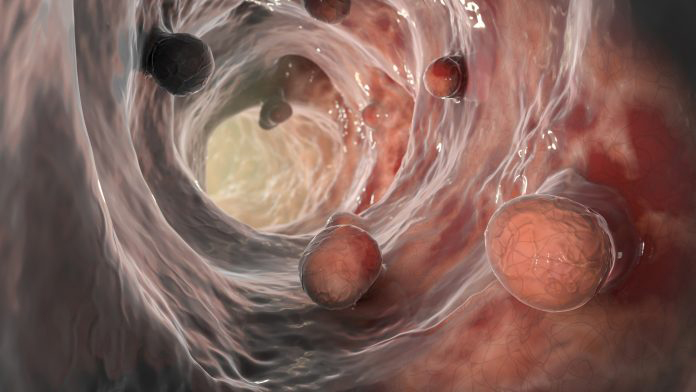A research team from the Institute for Cancer Research (ICR) and Queen Mary University of London has developed a breakthrough method to predict how colorectal cancer (CRC) cells become resistant to chemotherapy — a major reason treatment eventually fails. The method, published in Nature Communications, is called Evolutionary Informed Resistance Assays (EIRAs). It combines genetic lineage tracing with mathematical modeling to track how CRC cells evolve under the pressure of the commonly used chemotherapy drug 5-fluorouracil (5-Fu).Unlike traditional approaches that detect resistance only after it arises, EIRAs can forecast resistance trajectories. In their study, two CRC cell lines (SW620 and HCT116) exposed to long-term chemo took different paths to resistance. One relied on a pre-existing subpopulation of resistant cells, while the other evolved resistance through phenotypic changes over time. This insight could be crucial in customizing treatments to delay or avoid drug resistance entirely.
Colorectal Cancer Treatment Resistance Predicted with New Tool (Inside Precision Medicine)
0


